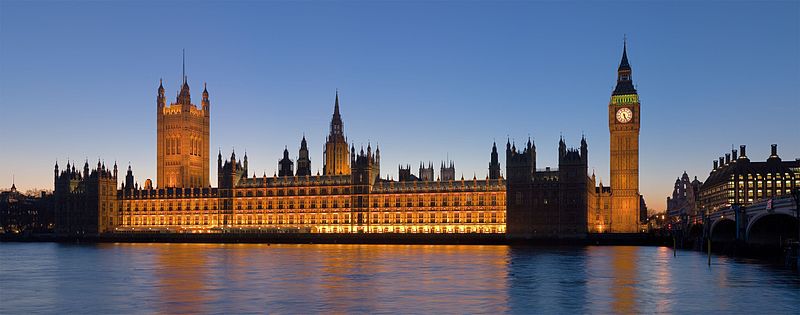
The revolt against globalism is itself a worldwide phenomenon. Reporting for Chronicles from the United Kingdom is Freddy Gray, who also serves as the deputy editor of The Spectator, Britain’s premier political magazine. As an observer who has worked in the United States and has family connections to France as well, Freddy is attentive not only to developments in Westminster but to their implications for conservatives on both sides of the Atlantic.
We recently asked Freddy a few questions about his background, work, and thoughts on the rising tide of nationalism in Europe and the United States.
Chronicles: What were your impressions of America when you came over here the first time? If you were to be the next Tocqueville, what would a pitch for your own Democracy in America touch on?
Freddy Gray: I was quickly struck by how seriously Americans, and especially American conservatives, took ideas. In Britain conservatives are usually conservatives by instinct—they haven’t thought about where their politics comes from, and they wouldn’t think to identify as a libertarian, a social conservative, or have any idea what a paleoconservative is. I remember telling a British man in DC that I was working for a paleocon magazine, and he thought that I meant something archeological.
My brief pitch for democracy in America? It’s buggered, but then so are we.
C: Is British conservatism changing, post-Brexit and in the Age of Trump? Nationalism seems to be rising in the U.S. and on the European continent, but Americans may get a misleading impression from basing their judgments on Nigel Farage, the British right’s unofficial ambassador to our shores.
FG: Yes, I think the British swing wildly from delusions of grandeur about ourselves as still a great power to deep self-hatred about our vanity and failure to be what we once were. Brexit has brought out both those feelings, and it will only take a little bit of economic pain for the national self-hatred to reassert itself.
C: You have family ties to France as well as Britain. What do you—and other British conservatives—think of the forthcoming presidential election over there?
FG: I think Macron, assuming Fillon can’t stage some great comeback and Le Pen doesn’t defy all expectations, is going to be the most annoying president ever—like Trudeau only smugger. From a British perspective, he will attempt to satisfy the Brexit Cassandras by wooing business from London to Paris. The most horrid thing about the pro-remain London elite is that they really want him to succeed—and to make London poorer—so that they can be proved right.
C: At the Spectator, you have a wide-ranging portfolio: you write for print and the web, conduct podcasts, and, of course, edit. What do you find you enjoy most or have learned the most from?
FG: I relish everything about my job and I am very lucky to have an editor who lets me get on with what I want to do. I find producing the printed magazine is still the most satisfying part of the job. The internet is good fun—as well as being hard work—but it is the magazine that really inspires us all to carry on.
[Image: By Diliff (Own work) [CC BY-SA 2.5]]
Leave a Reply